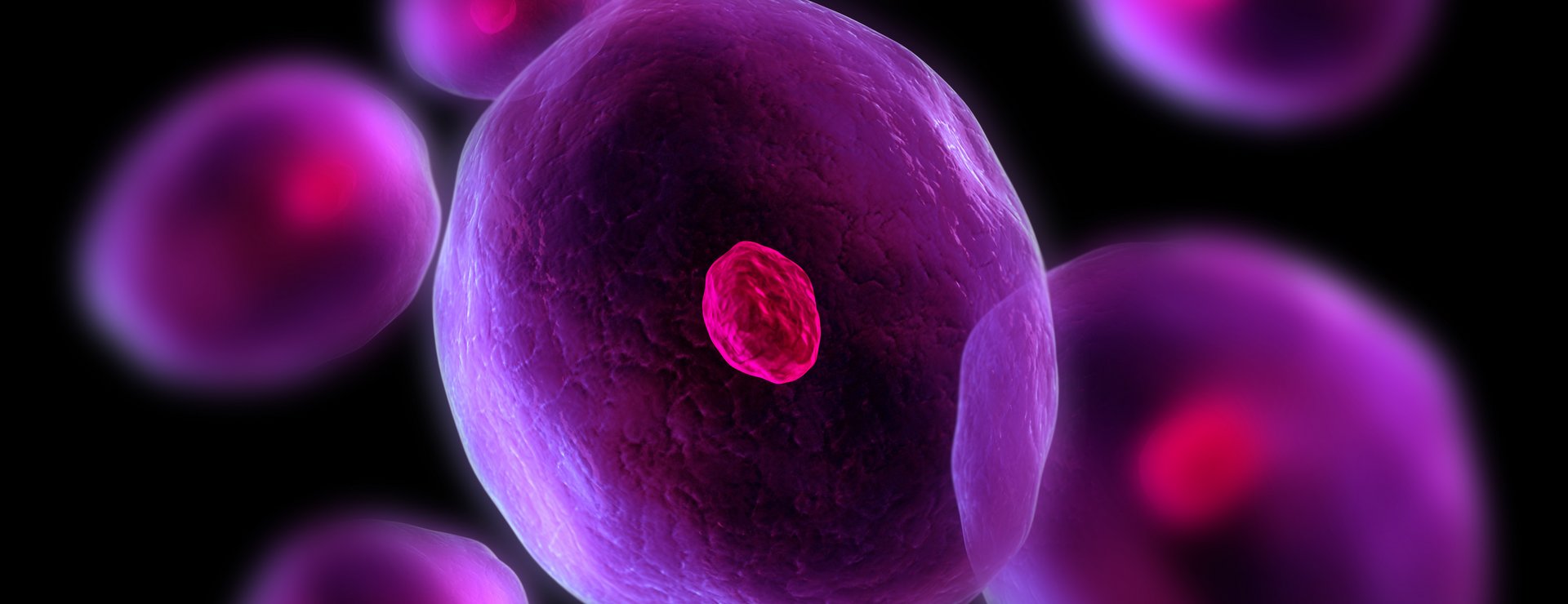
Dr. Alexander Jais
Groupleader of the Junior Research Group "Diet-Induced Metabolic Alterations"
Dr. Alexander Jais
Groupleader of the Junior Research Group "Diet-Induced Metabolic Alterations"
Academic Career
During my PhD research, I identified the enzyme heme oxygenase-1 (HO-1) as a strong positive predictor of metabolic disease by intersecting patient data with genetic evidence from five tissue-specific HO-1 deletion mouse models (Jais et al., Cell 2014). My research identified a novel pathomechanism in obesity-induced inflammation and these results have substantial implications for the stratification of healthy and unhealthy obesity and highlight the prognostic value of HO-1 for detecting early disease onset. During my postdoctoral research, I revealed that HFD feeding suppresses glucose transporter (GLUT)-1 expression in vascular endothelial cells of the blood brain barrier and this evokes a compensatory recruitment of endothelial-associated macrophages to release VEGF to counteract downregulated GLUT-1 expression (Jais et al., Cell 2016). These findings could indicate that metabolic inflammation may develop as a compensatory mechanism to restore transiently reduced brain glucose availability upon consumption of a hypercaloric palatable HFD. Furthermore, I have demonstrated that prepronociceptin (PNOC)-expressing neurons in the ARC are activated upon HFD consumption to promote hyperphagia, making them an attractive target for the treatment of obesity and associated metabolic diseases (Jais et al., Neuron 2020).
During my PhD and postdoctoral research, I was also actively involved in highly collaborative projects that lead to groundbreaking discoveries such as the identification of the anaplastic lymphoma kinase (ALK) as a thinness gene as well as the characterization of a critical role for the enzyme cofactor tetrahydrobiopterin (BH4) in T cell biology (Orthofer et al., Cell 2020, Cronin et al., Nature 2018).
Research Areas and Expertise
Treatment of people living with obesity, Clinical Obesity Research, Clinical trials, Adipose tissue biology, Mechanisms of fat distribution, Adipokines, Energy Metabolism, Insulin resistance, Behavioral weight loss interventions, Pharmacotherapies of obesity
Important Career Steps
Leader of Helmholtz Young Investigator Group "Diet-Induced Metabolic Alterations" at Helmholtz Institute for Metabolic, Obesity and Vascular Research (HI-MAG) of the Helmholtz Zentrum München at the University of Leipzig
Postdoctoral Felloship at the Max Planck Institute for Metabolism Research (Jens Brüning), Cologne Germany, Topic Neuronal Control of Metabolism
Honors and Awards
EFSD / Novo Nordisk Foundation Future Leaders Programm
2022Award of Excellence
Austrian Federal Ministry of
Science Research and Economy
2014Sanofi-Aventis Prize
Sanovi-Aventis, Austria
2014






